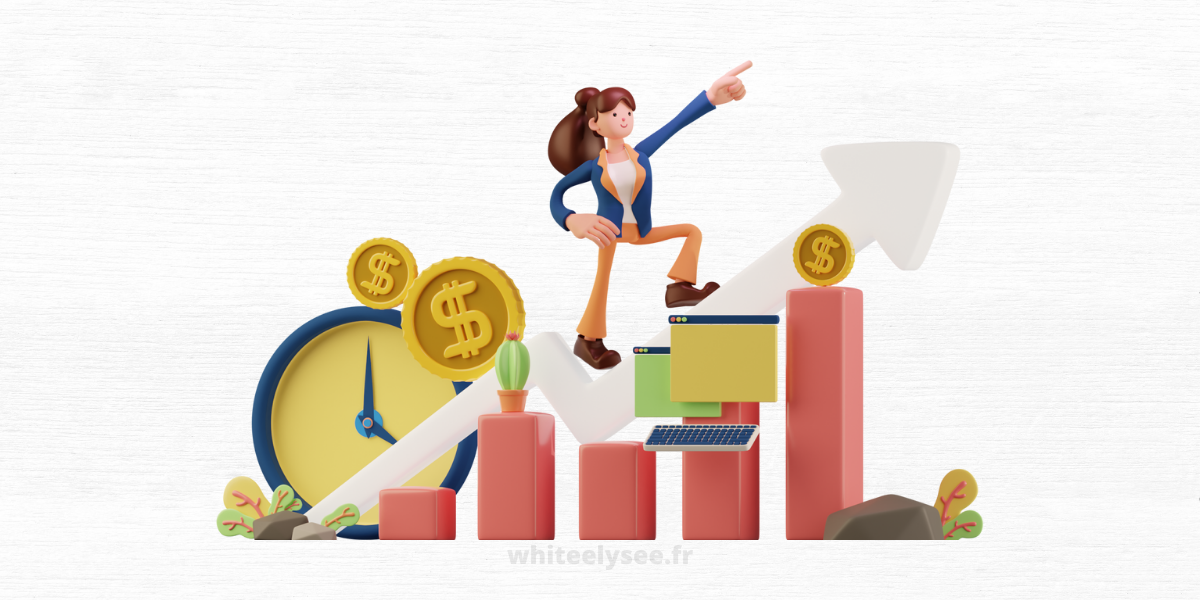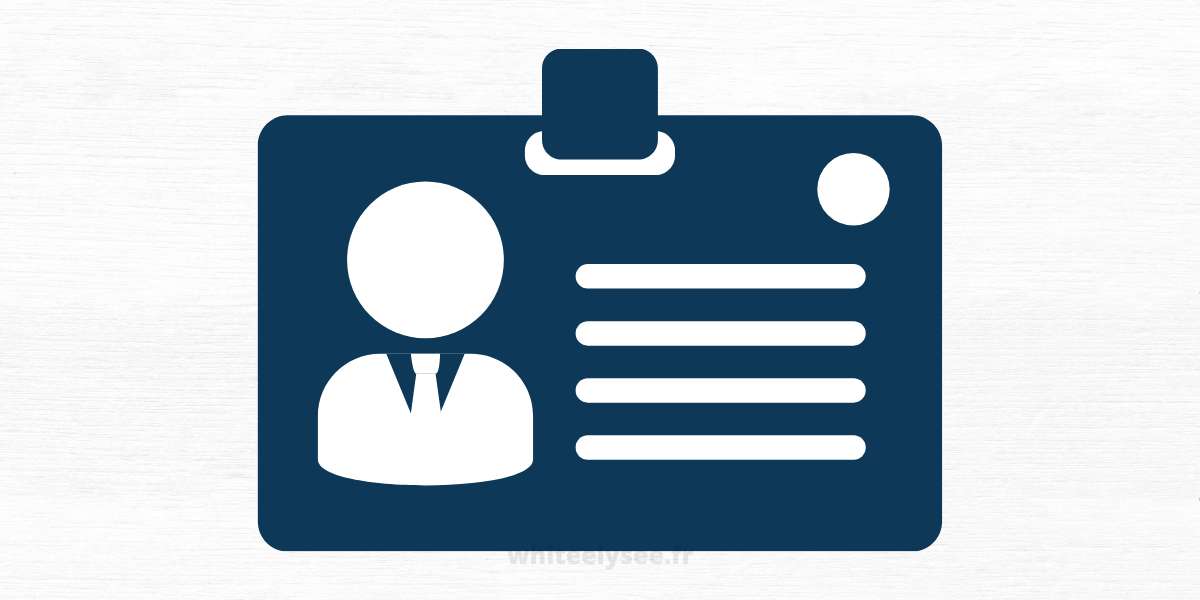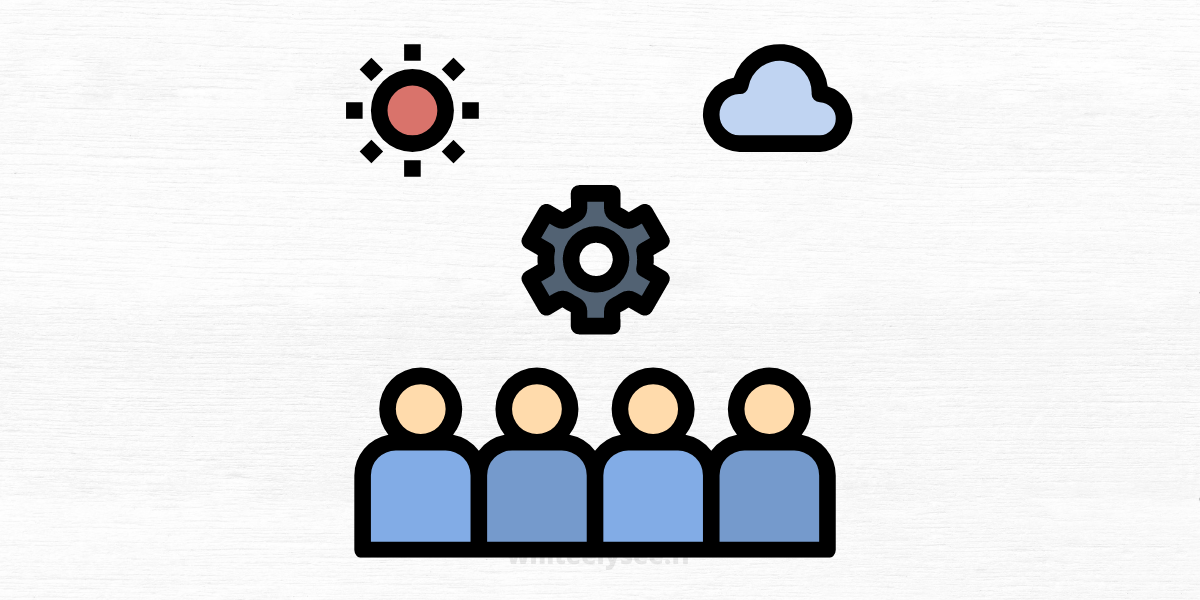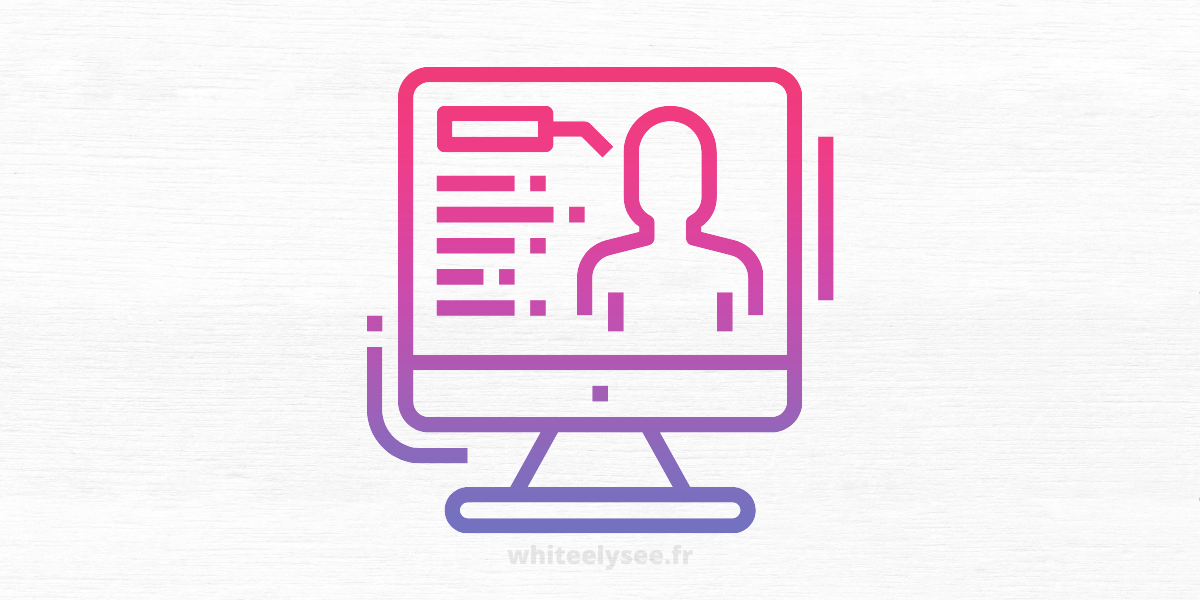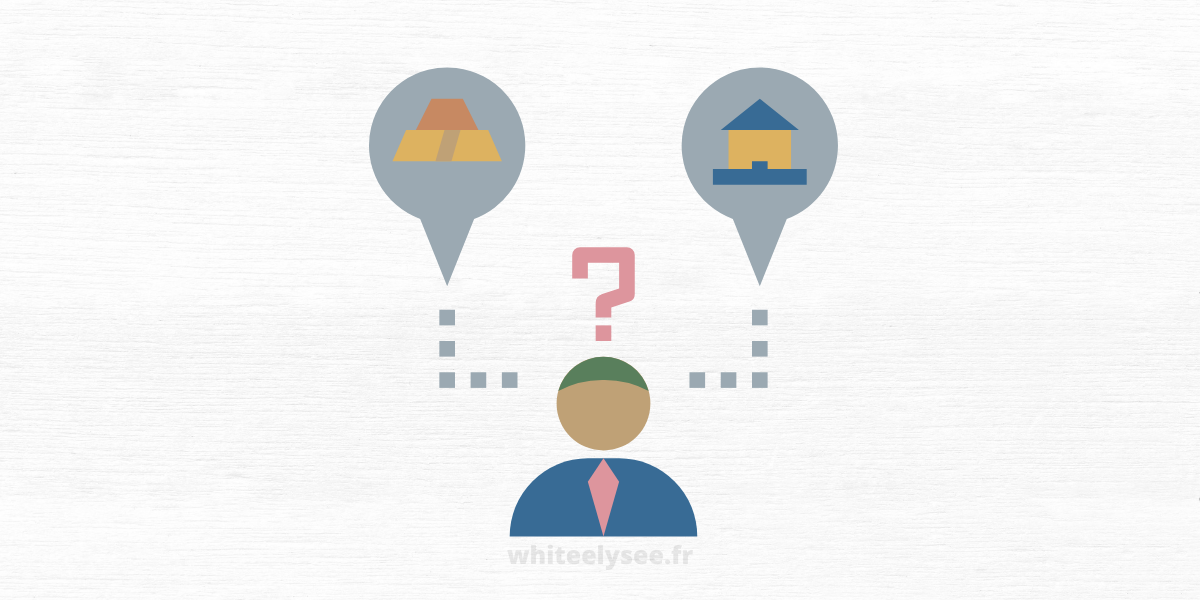
“My basic principle is that you don’t make decisions because they are cheap; you make them because they’re right.” – Theodore Hesburgh.
Today, more than ever before, business leaders and owners are looking to make their money go further in anticipation of a turnaround of the economic slump. Being able to weather these difficult times can cause some companies to make unwise choices that aren’t beneficial to their business or their organization.
When you make decisions that are desperate, you produce disparate outcomes. What exactly do you mean when I say this? It’s similar to putting the band-aid on a wound from a gunshot. It’s temporary and not a wise choice. If you make choices out of desperation, you’re reacting rather than reacting to the circumstances, and in certain situations, it could cause more harm than good.
These desperate choices can result in massive layoffs, bringing on clients that you don’t normally deal with, dramatically reducing costs to get your business through your door. Or, worse, just sitting back without doing much, hoping that things will calm down.
What’s the best option in these circumstances? Before making a decision that could do more damage than a good step back, breathe and allow yourself time to come out of the rut and move into an optimistic mindset. Once you’ve done that, your thoughts will become more clearly and come up with more positive, long-term, and sustainable results.
Here are some questions you can think about that can lead to better value-based decisions.
1. What is the problem you’re addressing?
What is the primary source of your pain? Problems with money? A weak economy? Find out what’s causing the biggest problems both for your employees and you.
2. What do you want to achieve?
Are you simply looking for dollars that you wish to deposit in your account at a bank? Do you want to begin today to build long-lasting relationships with your clients based on trust? The ideal time to develop strong bonds with your customers and your team members is when the economy is slowing. This gives you time to focus on building strong relationships, which will continue to grow as the economy improves.
3. What benefits will it bring to you, your company, or the business?
A quick decision can be a disaster for your business. For instance, prior to laying off employees, take a look at other unexplored possibilities to generate income or think of a new approach to your advertising strategies. Be sure to consider the long-term impacts of any major decision you make to reduce costs. What will the cost-cutting measures do to the quality of your customer service? If you lose people in layoffs, are you capable of hiring them in the future?
4. Does the decision align with the company’s values and goals?
When you make decisions that could impact others, pay careful focus on what your primary principles will be telling you. “Gut instinct” is seldom right. You can tell when you’re not in line with the values your business has stood up for over the years, as there’ll be a voice that means that you “Hang on a second. This decision doesn’t feel right.” Be aware and make a wise decision.
5. Does it yield profitable long-term results for the company?
What will be the repercussions of the choice you make today three, two, or five years from now? Are your current clients working with you into the years to come, or have they taken to the path of the dinosaur and gone extinct? Are you able to make a change in the manner in which you conduct business, resulting in continuous growth in clients all the way to tomorrow? Each action comes with long-term consequences, so you should be sure to assess the possibility of effects in the future before making your choice and taking action on it.
6. Do you have the courage to maintain your honesty when you make this choice?
This is the most important thing. Are your conscience and heart able to be content with the choices you’ve made in your head? This is what making decisions boils down to. If the actions and decisions you take impact your feeling of wellbeing, then you’re not in the right place, and your integrity is at risk. If you’re not able to decide and then take action and stand by the result with quiet confidence and respect, do not take action. Try to find a solution to the issue.
If you’ve asked yourself these five questions, you’ll be able to discern what decision you’re about to take is one that will not make you stay up all night in fear of the result. In all honesty, who wants to live the existence of a chronic insomniac? I do not.
Cookie Tuminello, “THE Team Builder from the South, has been inspiring CEO’s managers, business owners, as well as team members and invigorating productivity since 1999. For more information about this smart and effective coach,
